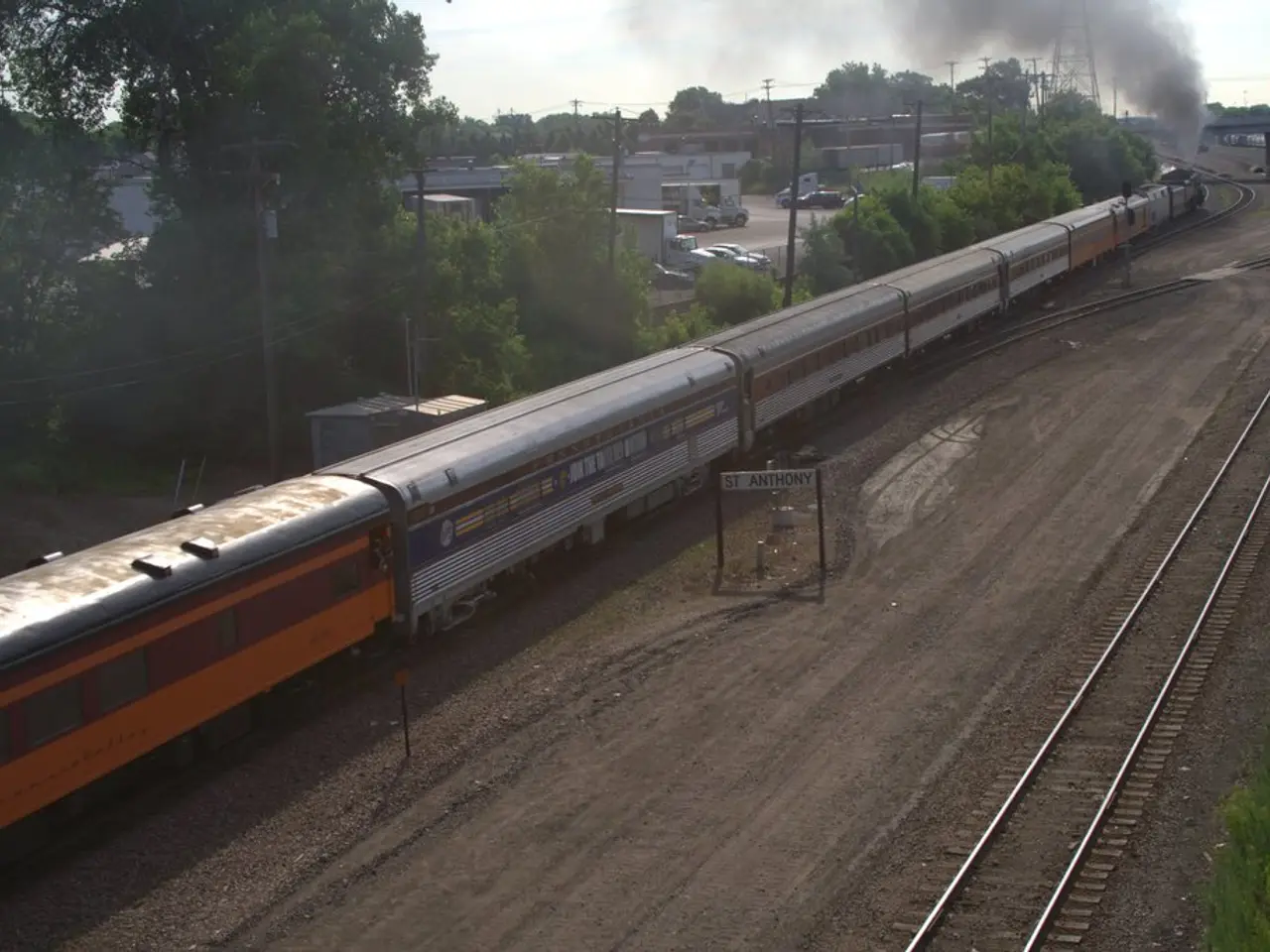European Commission Releases Analysis on: A Comprehensive Review of Various Topics
Aging Trainee Population and the Challenge of Recruitment in the Middle Lower Rhine Region
The Middle Lower Rhine region is experiencing an increasing age of trainees in various industries, a trend influenced by demographic changes, labor market dynamics, and educational trends. According to Carsten Zielke, owner of four Edeka stores in Viersen and Willich, recruitment has become significantly more challenging in recent years.
The aging population and declining birth rates in Germany are primary factors contributing to this trend. Younger people are migrating to other regions or countries, leading to a scarcity of young trainees locally. Additionally, changing life course patterns, such as delays in entering vocational training or a shift towards later-stage retraining, have further affected the trainee age profile.
To counteract this trend, strategies such as strengthening early career guidance and outreach, improving the attractiveness of apprenticeships, regional development policies, fostering collaboration between education and industry, and targeted inclusion and support programs are being implemented. These measures aim to attract and retain younger training candidates in the region.
Despite these efforts, the Middle Lower Rhine region has seen a decrease of 4.4% in new training contracts overall in the last year, with the number of school leavers from general schools decreasing by 5.8% between 2017 and 2024. In Viersen alone, 702 new training contracts were concluded last year.
Carsten Zielke, a long-standing trainer of more than 20 years, annually trains 15 to 20 trainees in various professions related to retail and food service. His strategies to overcome recruitment challenges include using online platforms, social media, participating in training fairs, placing ads in print media, and working closely with schools and educational institutions.
The IHK education report 2024, which provides insights into the region's apprenticeship landscape, can be found online at www.mittlerer-niederrhein.ihk.de/27192. The report highlights the wide range of around 230 training professions available in the region.
Daniela Perner, the CEO of the IHK region Education, emphasizes the continued demand for preparing young people for the transition to the world of work at an early stage. She underscores the importance of providing clearer information on vocational paths and career prospects to youth, parents, and schools to raise apprenticeship uptake among younger age groups.
The challenge of finding motivated young people who genuinely enjoy the profession and the daily work in retail remains a significant concern for Zielke. To impart their knowledge, special processes, and corporate culture, Zielke and his Edeka stores directly train their trainees.
In conclusion, the aging trainee population reflects demographic shifts and evolving vocational training dynamics. Countermeasures require integrated efforts combining demographic policy, education, and labor market interventions to attract and retain younger training candidates in the region.
To combat the challenge of an aging trainee population in the Middle Lower Rhine region, it's crucial to prepare young people for the workforce at an early stage, as emphasized by Daniela Perner, the CEO of the IHK region Education. This involves providing clearer information about vocational paths and career prospects to encourage more school leavers to opt for apprenticeships, where personal growth, learning, and even personal-development opportunities can be willingly pursued.
Recognizing the difficulty in finding motivated young trainees who smoothly fit into the profession and daily work, Carsten Zielke, a seasoned trainer with over 20 years of experience, focuses on training his trainees directly to impart the essential knowledge, special processes, and corporate culture that willingly contribute to the long-term success of Edeka stores in Viersen and Willich.




